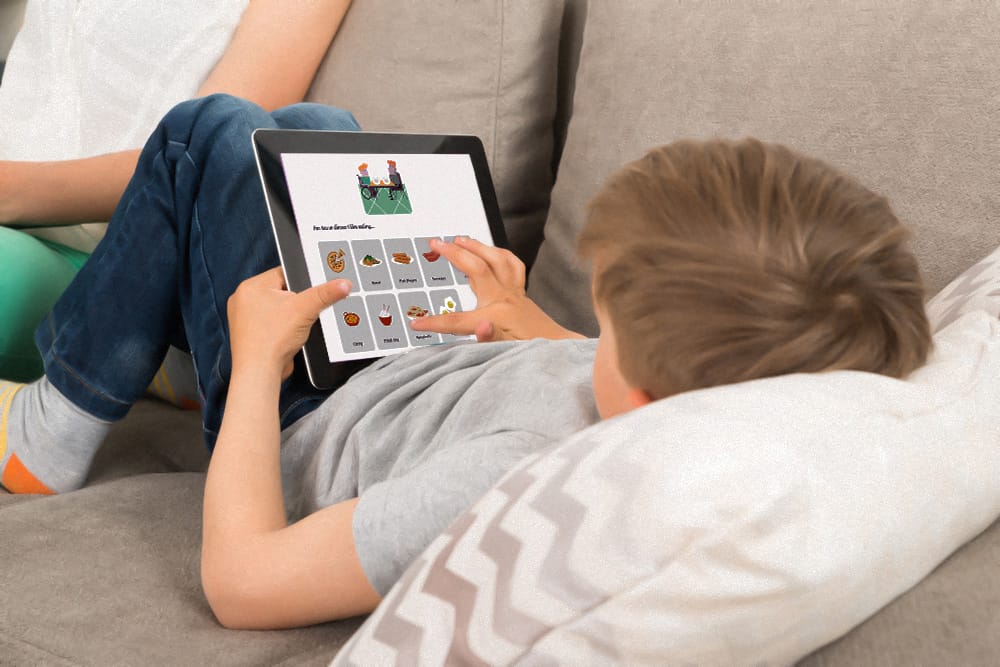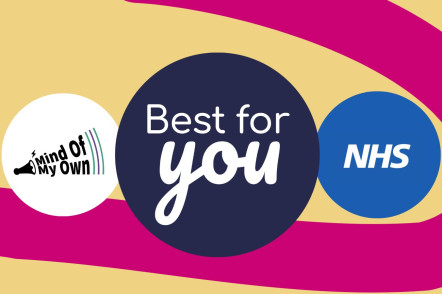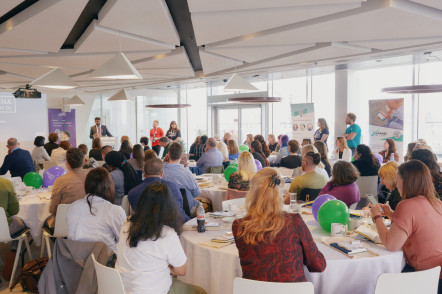What is World Autism Awareness Month?
World Autism Awareness Month is observed every year in April to celebrate and raise awareness of autism. It is hoped that by sharing stories, understanding and acceptance of autism is improved, thus making the world friendlier for those affected by it. It stands alongside World Autism Awareness Day, April 2nd, as the flagship awareness event for autism worldwide.
How is World Autism Awareness Month celebrated?
As well as the creation of different sponsored events across the globe to raise money for autism charities, widespread campaigns begin during World Autism Awareness Month to bring more prominence to creating a shared understanding. The UK’s leading charity, the National Autistic Society ran a week of fundraising.
What is Autism?
Autism is a lifelong developmental disability that affects how people communicate and interact with the world.
How can Mind Of My Own help young people and adults with a diagnosis of autism?
Difficulties that many adults and young people with a diagnosis of autism share, include social communication challenges. Strategies that have proven to be successful to aid adults and young people with their social communication include visual supports.
This is where the Mind Of My Own apps come into their own. The inclusive, easily accessible apps take into account the sensory needs of young people with autism, from as young as three years old. They allow the young person to communicate their thoughts, wishes and feelings through pictorial question choices and with ReciteMe technology they can be read aloud and translated into over 100+ different languages, whilst also enabling the user to change the background colour, text size, font and noise effects.
Why not use the Express app and complete the ‘All about me’ scenario to allow the young person the independence and opportunity to tell you the best ways in which to communicate with them. Or perhaps you could complete the ‘Me in my Own Words’ scenario and gain an insight into the young person’s perceived personal strengths, likes, dislikes and feelings.




